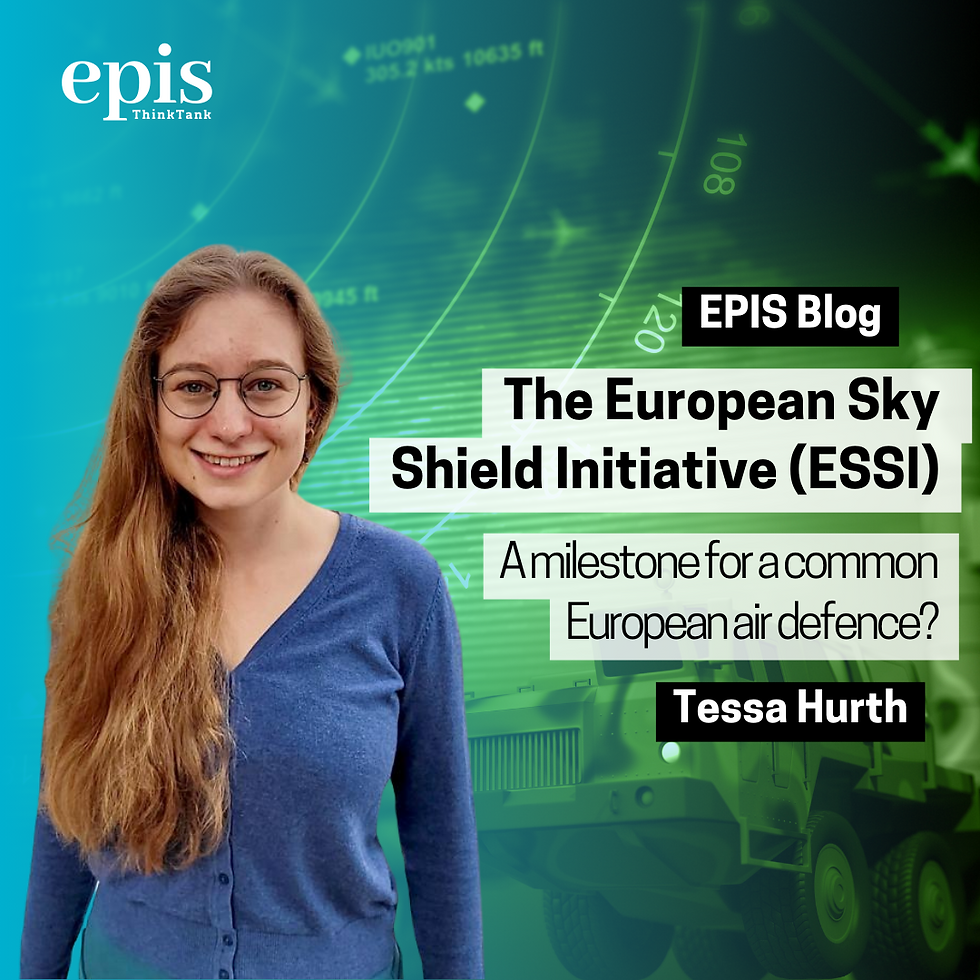
Against the backdrop of the Russian attack on Ukraine, Chancellor Olaf Scholz announced the 'European Sky Shield Initiative' in the summer of 2022 to address deficiencies in Europe's air defence. All European nations are extended an invitation to participate in this initiative, which seeks to enhance the European component of air defence through collaborative procurement and operation of systems. Currently, there is no standalone air defence system in Europe outside the integrated NATO air defence. The project aims to generate political, financial, and technological synergies by jointly acquiring new weapon systems capable of providing extensive coverage at a cost-effective rate.
It's noteworthy that the initiative operates independently from the EU. On October 13th, it received signatures from 15 European states—Belgium, Bulgaria, Germany, Estonia, Finland, Latvia, Lithuania, Netherlands, Norway, Romania, Slovakia, Slovenia, Czech Republic, Hungary, and the United Kingdom—all of which are also NATO members. Denmark and Sweden later joined the initiative in February 2023. Surprisingly, Austria and Switzerland, both neutral states, also became part of the initiative in the summer of 2023. Therefore, a crucial aspect is that the initiative operates independently from the EU and NATO, aiming to safeguard all Europeans while remaining compatible with NATO systems and procedures.
The ESSI remains a purely procurement-focused initiative, aiming to acquire new air defence systems promptly or enhance existing ones in terms of quality. The emphasis is on swiftly achieving initial outcomes by prioritizing systems already available in the market or those that have been developed. Consequently, the initiative involves acquiring both the Israeli missile defence system 'Arrow 3' and the American air defence system 'Patriot.'
It is worth mentioning that three major European nations—France, Italy, and Poland—have refrained from participating in the initiative. Poland favours bilateral approaches, actively engaged in developing air defence programs with the US (medium to long range) and the UK (short range). France and Italy express reservations about the selected systems and the apparent disregard for European alternatives. They are particularly concerned about the potential repercussions of ESSI on the PESCO project Twister.
France, in particular, raises objections to Germany's investment not only in non-European capabilities like Patriot but, more importantly, to the incentives offered to allies, dissuading them from opting for European systems. In discussions on air defence, Germany is often accused by France of prioritizing purchases from the USA instead of bolstering the European arms industry.
From a purely economic standpoint, it could be reasonable for Germany to focus on acquiring weapons readily available on the market, including American and Israeli systems. However, Berlin's strategy could potentially impact European political cohesion negatively. Consequently, it remains uncertain whether the initiative will genuinely mark a milestone in the collaborative European air defence or if it will lead to heightened tensions between European nations, notably Germany and France.

Tessa Hurth is a Bachelor's student in Political Science and Public Administration at the University of Konstanz in Germany. During her studies, she focuses on international and European security studies. She has a strong interest in bilateral Franco-German relations and European defence cooperation.
